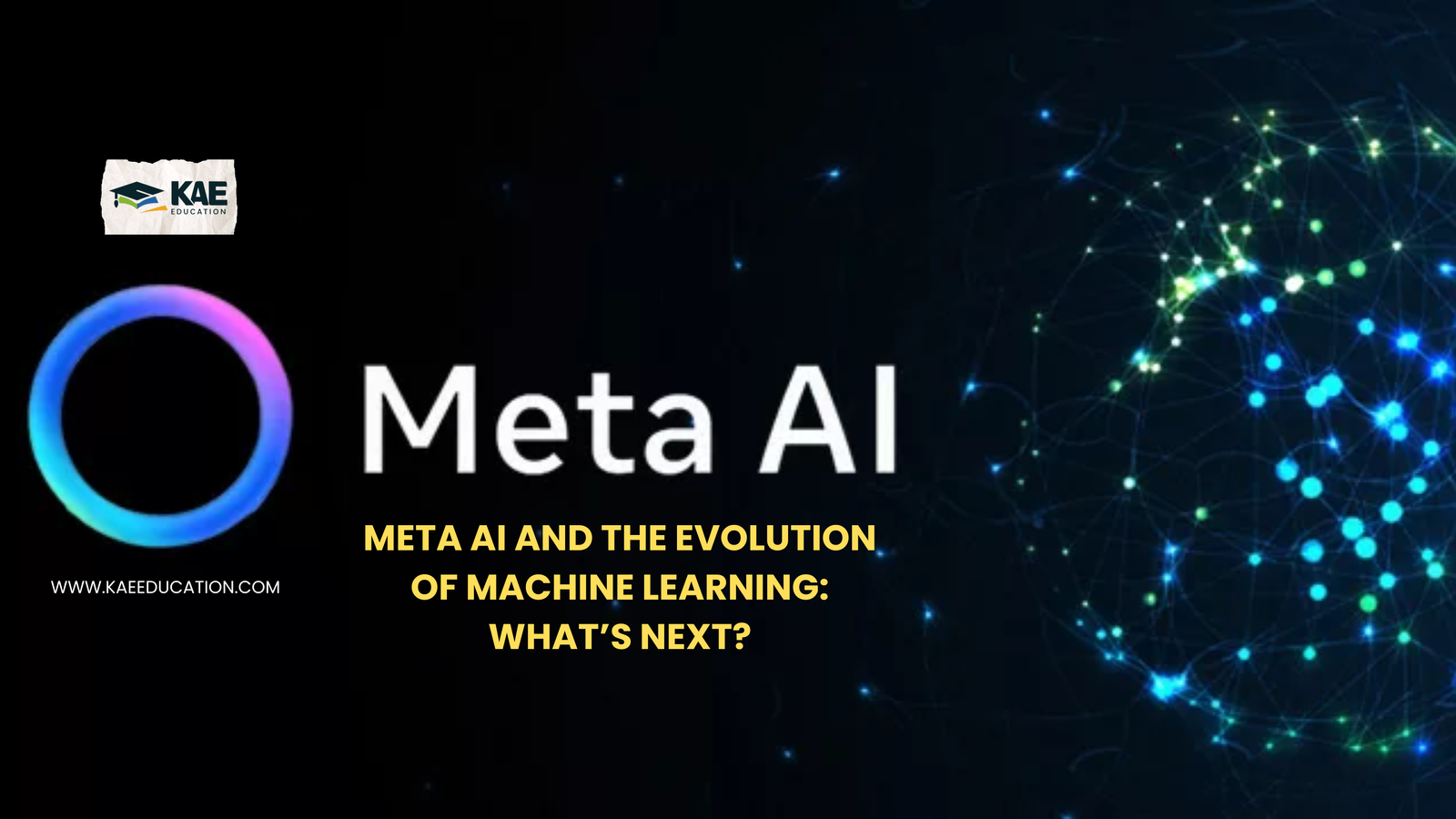Meta AI and the Evolution of Machine Learning: What’s Next?
The Artificial intelligence (AI) field is changing quickly, and Meta AI is leading the way in this change. As we delve into the future of Machine learning, it is essential to understand how Meta AI is reshaping this field and what lies ahead in 2025.
Understanding Meta-powered AI
Meta AI, developed by Meta Platforms, represents a significant advancement in AI technology. It is built upon the principles of Meta-learning, which focuses on enhancing the learning process itself. Unlike traditional Machine learning (ML), which requires extensive data for each specific task, meta-learning allows models to learn how to learn from fewer examples, making them more adaptable and efficient.
Key Features of Meta-powered AI:
(1) Self-Learning: Meta-powered AI can adapt its learning strategies based on past experiences, enabling it to generalize knowledge across various tasks.
(2) Dynamic Optimization: The system employs Neural Architecture Search (NAS) to optimize its structure for specific tasks, enhancing performance without Human intervention.
(3) Robustness: By improving model resilience against overfitting and anomalies in data, Meta-powered AI ensures consistent performance across diverse applications.
The Future Demand and Growth in 2025
As we look toward 2025, several trends indicate a growing demand for Meta-powered AI technologies:
(1) Increased Automation: Businesses are expected to adopt more automated solutions powered by Meta AI, reducing reliance on Human input for routine tasks.

(2) Enhanced User Experiences: With its ability to learn from interactions, Meta-powered AI will improve personalization in customer service and digital interfaces.
(3) Broader Applications: Industries such as Healthcare, Finance, and Robotics will increasingly leverage Meta-learning capabilities for more efficient operations.
Power Words for Impact
In discussing Meta AI, certain power words can enhance engagement and clarity:
(1) Revolutionary
(2) Transformative
(3) Adaptive
(4) Intelligent
(5) Cutting-edge
Conclusion
The evolution of Machine learning through innovations like Meta AI signifies a pivotal shift towards more intelligent systems capable of self-improvement. As we approach 2025, the integration of these technologies into various sectors will not only enhance operational efficiency but also redefine how we interact with digital environments. Embracing this change promises a future where Machines are not just tools but partners in innovation.
Frequently Asked Questions (FAQs)
What is Meta AI?
Meta AI refers to an advanced Artificial intelligence model developed by Meta Platforms that utilizes meta-learning techniques to improve learning efficiency and adaptability.
How does Meta-powered AI differ from traditional Machine learning?
Unlike traditional ML that requires large datasets for each task, Meta AI learns how to learn from fewer examples, making it more versatile.
What are the applications of Meta-powered AI?
Applications include improving customer service chatbots, enhancing predictive analytics in Finance, and optimizing robotic processes in manufacturing.
What role does self-evaluation play in Meta AI?
Self-evaluation allows Meta AI to assess its performance autonomously, reducing the need for human oversight and enabling continuous improvement.
How will Meta AI impact Businesses by 2025?
By automating processes and enhancing user experiences, Businesses can expect increased efficiency and customer satisfaction.
What are the challenges facing Meta AI?
Challenges include ensuring data privacy, managing biases in training data, and maintaining robustness against adversarial attacks.
Is there a future for Human involvement in AI development?
While automation will reduce Human intervention in certain areas, human oversight will remain crucial for Ethical considerations and complex decision-making.

